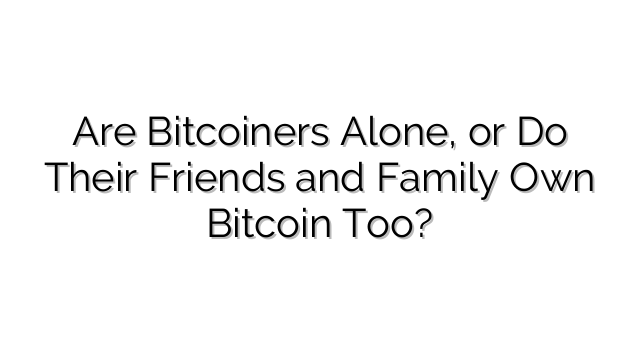Bitcoin payments: from Pizza Day to everyday spending
Bitcoin is more than a store of value — you can actually use it to buy things. The first widely documented purchase with Bitcoin happened on May 22, 2010, now celebrated as Bitcoin Pizza Day. On that day, developer Laszlo Hanyecz paid 10,000 BTC for two pizzas. Back then, those coins were worth roughly $41; today they would be worth hundreds of millions. Pizza Day has become a symbol of early adoption and how far Bitcoin has come.
What is Bitcoin Pizza Day?
- Date: May 22, 2010
- Buyer: Laszlo Hanyecz, who posted the offer in a forum and got two pizzas delivered in exchange for 10,000 BTC
- Meaning: First real-world exchange of BTC for goods; today it’s a global celebration of Bitcoin’s utility
Where can you spend Bitcoin today?
Spending options have expanded a lot since 2010. Here are common ways people spend Bitcoin:
- Online gift cards & services: Buy gift cards for major brands (e-commerce, streaming, travel) using BTC.
- Physical merchants: Cafés, bars, and shops in Bitcoin-friendly areas (e.g., parts of El Salvador, Prague, Berlin’s “Bitcoin Kiez”) accept Bitcoin at the counter.
- Travel bookings: Crypto-friendly travel sites let you book flights and hotels with Bitcoin.
- Donations & tips: Many NGOs, creators, and open-source projects accept BTC.
- Big brands experimenting: Even large companies have tested BTC payments — for example, Tesla briefly accepted Bitcoin for cars in 2021 before pausing the option.
Lightning Network: instant, low-fee BTC payments
The Lightning Network enables instant, low-fee Bitcoin payments suitable for everyday purchases like coffee, tickets, or online subscriptions. Wallets can be non-custodial (you hold the keys) or custodial (a provider holds the keys). Lightning makes Bitcoin more practical for small payments while the base layer remains optimized for security and settlement.
Custodial vs. non-custodial
- Non-custodial wallets: You control the private keys (e.g., hardware wallets, self-custody Lightning). Highest sovereignty.
- Custodial wallets & exchanges: A third party holds the keys. Convenient, but remember the mantra: “Not your keys, not your coins.”
Why spending matters
Many hodlers see Bitcoin primarily as digital gold, but real-world payments demonstrate Bitcoin’s role as borderless, neutral money. From the two pizzas in 2010 to tap-to-pay Lightning in shops today, adoption continues to grow. The question isn’t if you’ll be able to pay with Bitcoin everywhere — it’s when.
Security note: Always verify the recipient, use trusted wallets, and keep long-term savings in secure self-custody. Spending balances should be small and convenient; savings should be safe.


